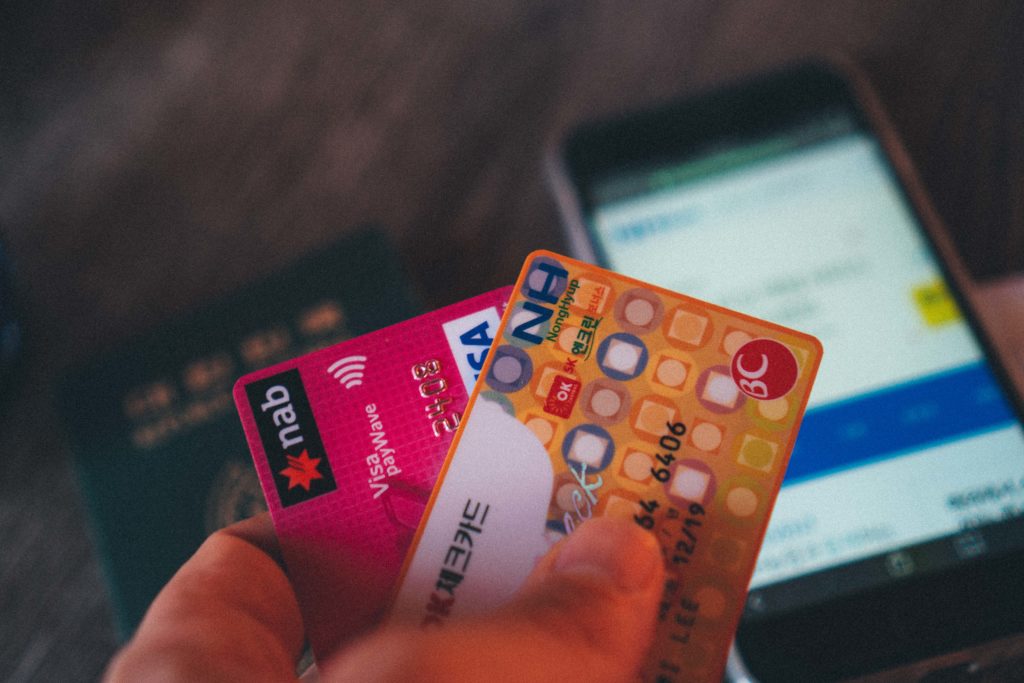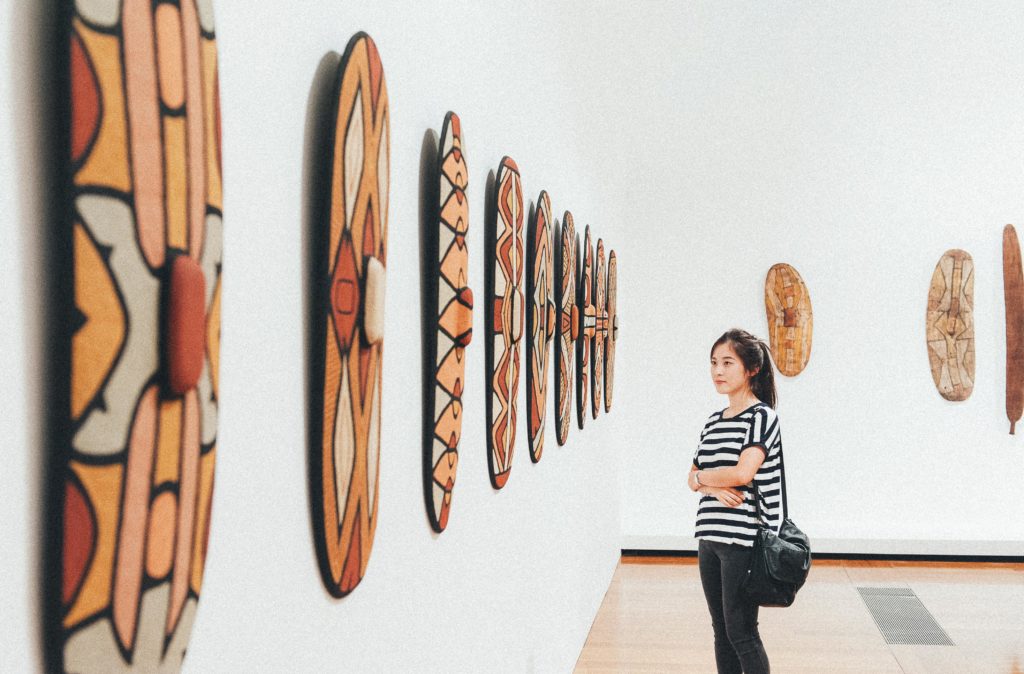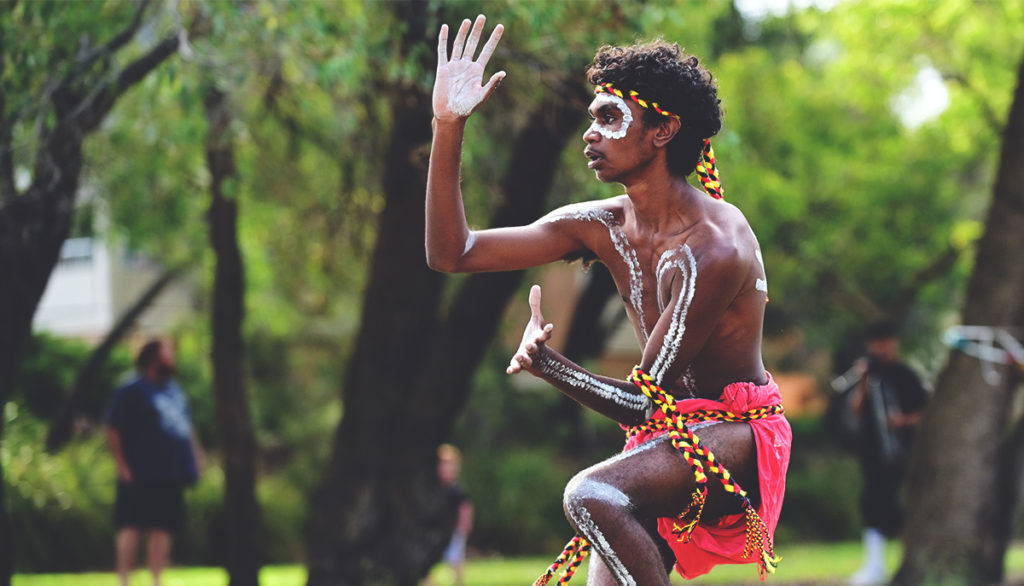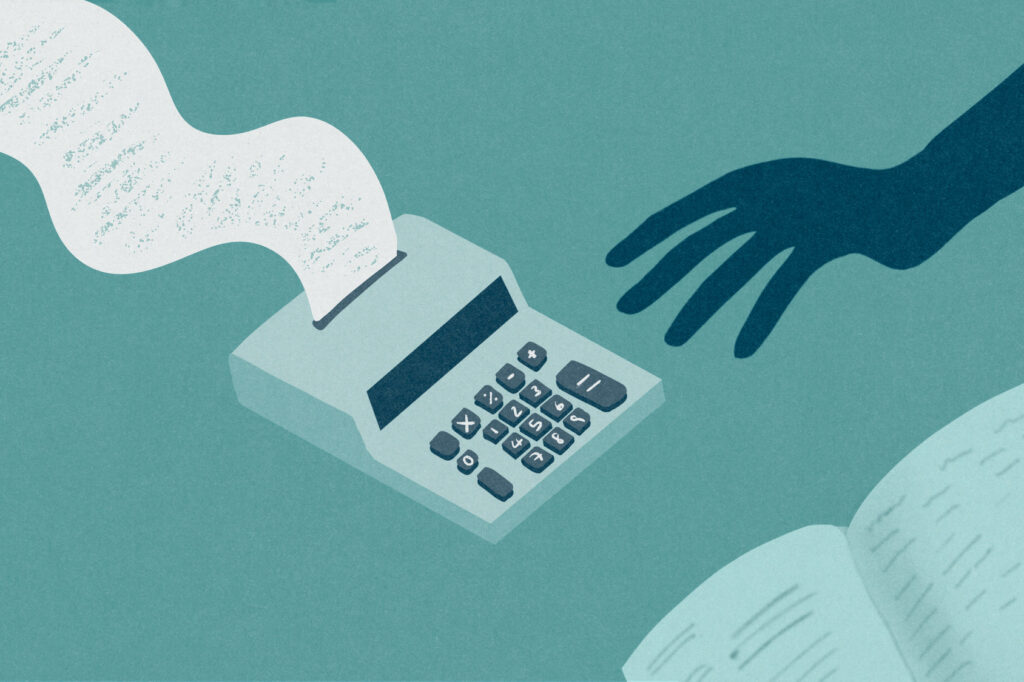Just like conversation, public transport and table manners, there is specific etiquette around money in Australia. Understanding Aussie coins, notes and conversion rates is only one half the challenge! Here is our guide to money etiquette in Australia.
Tipping
It is not customary to tip in Australia. Hospitality and service staff are paid well and therefore do not rely on customer’s tips to make a living. However, if you enjoyed exceptional service at a bar or restaurant you are more than welcome to tip. It is always best to ask your server how the establishment handles tips, with some splitting tips evenly between staff, and others allowing staff members to keep tips given to them individually.
Tax
Put away your calculator – the price that you see advertised on a menu or item of clothing is the exact price you will pay. A 10% Goods and Services Tax (GST) has already been worked into the listed price. However, keep an eye out at the bottom of menus for Sunday or public holiday surcharges, and on store signage for additional fees incurred by paying by card or using specific banking providers.
Splitting the bill
Splitting the bill for most anything is common practice in Australia, most often experienced when dining out with friends. Some people are happy to divide the entire bill equally regardless of what they ordered, whereas others would opt to pay only for what they consumed. To avoid awkward post-dinner talk, it is best to decide on this before you sit down to eat. If your bank offers clever tools like Osko by BPAY, you can use them to handle the transfer of funds between your friends simply and quickly.
Shouting rounds
A very common practice in Australia is being in a “round” with your friends. This means that you will each take a turn purchasing a drink for everyone in the group, with the expectation that you will be bought a drink by each person. Being in a round can be a fun experience, but it is very important that you uphold your responsibility to “get your round in” to make sure no one else is left out of pocket. You can always opt to stay out of the round when it is first suggested if you would prefer to drink at your own pace.
Discussing your earnings
Similar to politics and religion, discussing what you or those around you earn tends to be shied away from in Australia. If you are comfortable in the situation and know that the person/people you are speaking to would also be comfortable to share, you are welcome to discuss your salary privately.
Using cash and cards
Whilst both cash and cards are accepted throughout Australia, it is most common to pay by card or by using mobile banking. Some cafes and restaurants are cash only, and this will be well signposted on their menu and/or near the cash register.
It is quite common for restaurants to enforce a “no split bills” policy, or limit the amount of cards that can be used per bill, so it is a good idea to take out cash beforehand or use Osko by BPAY to pay your share at the table. Automatic Teller Machines (ATMs) are widely available throughout the country if you are required to take out cash.
Increased hygiene measures as a result of COVID-19 have seen most businesses revert to card-only payments to reduce the spread of germs via cash handling.
Gifts
In Australia, the thought and effort put into selecting the gift often meaning more than the gift itself. You are not expected to purchase expensive birthday or Christmas gifts for your Australian friends, although it is common practice for the table to split the cost of the birthday person’s meal if you are celebrating with a dinner. It is also quite common to pool money with your friends to purchase a joint present.
If you are visiting an Australian’s home for dinner or a traditional barbeque it is polite to ask if you can bring anything, usually a salad, side-dish, dessert or alcohol to accompany the main meal they have prepared.
Bargaining and haggling
Bargaining or haggling is not common practice in Australian establishments and is generally only acceptable at market stalls, garage sales or online communities such as Gumtree or Facebook Marketplace. While restaurant, supermarket and clothing store employees generally won’t engage in bargaining, sellers of second-hand or homemade products may be open to bartering on the advertised price.
Paying for petrol
If you are offered a “lift” (to be driven somewhere) by a friend, it is customary to offer money towards filling up the car with petrol. The amount is usually determined by how far you are being driven and can be openly discussed with the driver.
We’ve also written Guides to Public Transport and Australian Etiquette.







